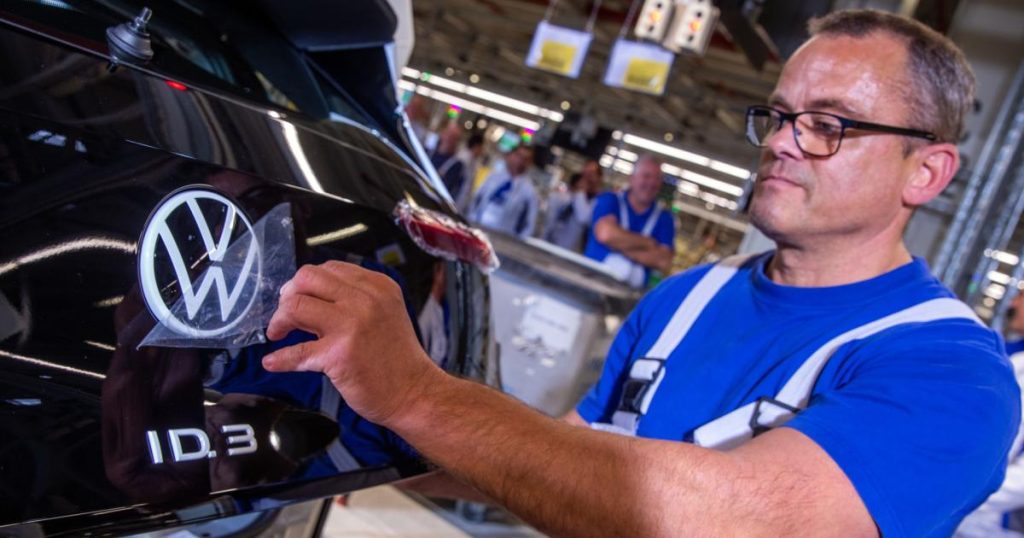Electric vehicles of the same size emit fewer greenhouse gases over their lifetime than diesel and gasoline vehicles. However, sometimes the difference is not very significant. Vehicle size, driving style and the mix of electricity used have a strong influence on the CO2 balance. This is the result of a study conducted by ÖAMTC and its partner clubs on greenhouse gas emissions from cars.
From now on, in addition to the company’s greenhouse gas emissions, emissions will also be checked over the entire life cycle from production to disposal. The ÖAMTC announced Thursday that 61 models examined since 2019 have been retrospectively submitted to this life cycle analysis. Weight is crucial to all cars, and with electric cars, the average powertrain also makes a big difference. General conditions, from driving style to outside temperature, are also noticeable in the CO2 scale. Basically, the testers assumed that the vehicles (and batteries) would drive 15,000 kilometers per year for 16 years.
Accordingly, the purely electric VW ID.3 produces 35 tonnes of CO2-equivalent greenhouse gases over the entire life cycle, based on the EU’s electricity mix. With the Austrian electricity mix, it is only 30 tons. Toyota Prius 1.8 plug-in hybrid causes 40 tons, Seat Ibiza with 1.0 TGI natural gas and Skoda Octavia 2.0 TDI diesel engine each 42 tons, BMW (118i) gasoline engine about 53 tons. However, heavy-duty electronic cars like the Ford Mustang Mach-E cause more CO2 equivalent than some compact diesel engines. Weight plays a crucial role, so the ecological balance of large combustion-engine cars is correspondingly weak, according to the ÖAMTC.

“Total coffee aficionado. Travel buff. Music ninja. Bacon nerd. Beeraholic.”







More Stories
Wolfsburg instead of Wörthersee: The first GTI meeting starts at Volkswagen headquarters
Pecco Bagnaia (Ducati): Testing on the new Panigale/MotoGP
From autumn onwards, U2 will be playing again at Karlsplatz.